Your cart is currently empty!
Tag: CompanionPlanting
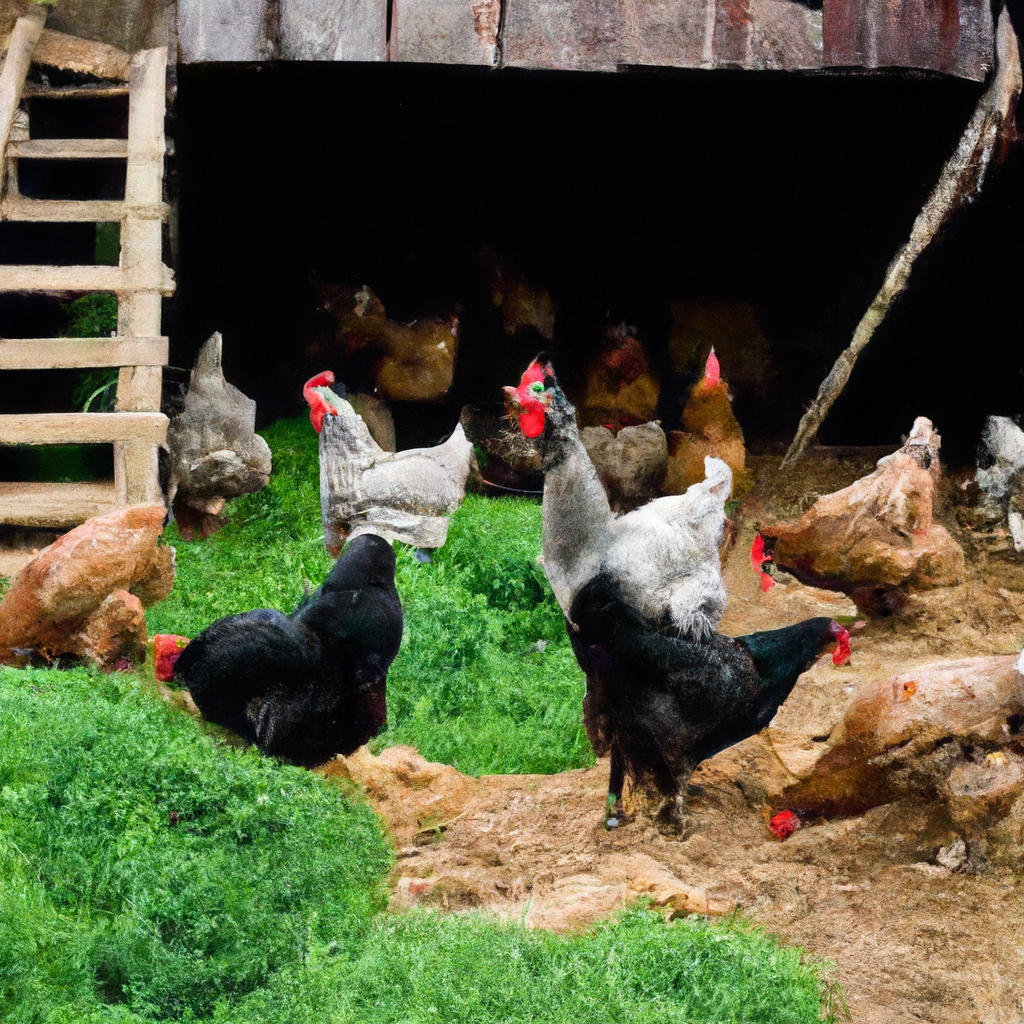
Integrating companion animals into cannabis cultivation offers unique advantages by enhancing growth and deterring pests. Chickens naturally reduce weeds and pests while improving soil through scratching behavior, and goat manure serves as an organic fertilizer. A real-world example from a Northern California farm showed a 40% decrease in pest issues and enhanced plant growth by…
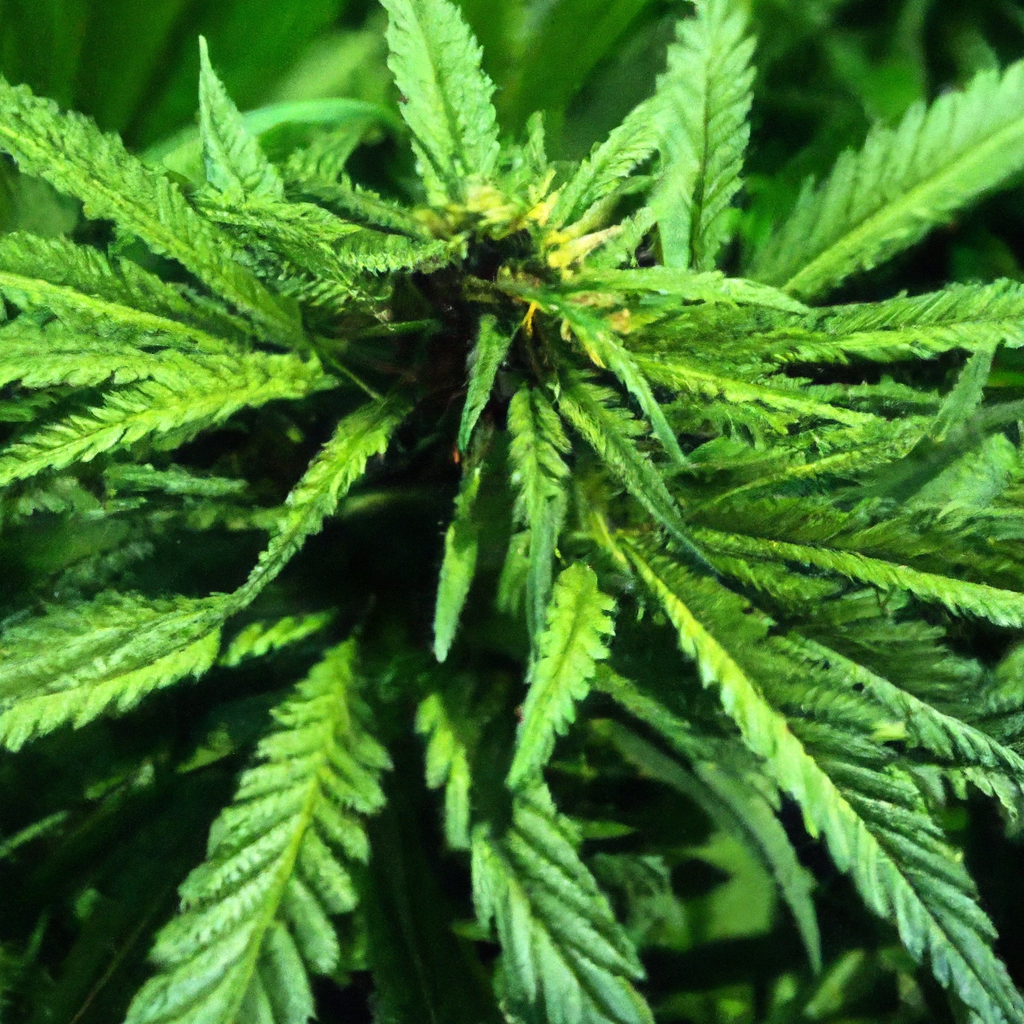
Cannabis cultivation holds significant potential for soil conservation, yet it is largely overlooked in sustainable agriculture. Known for its deep root systems, cannabis improves soil structure, aerates the soil, and enhances nutrient retention. Techniques like companion planting and using natural fertilizers contribute to pest control and enrich soil health. As a cover crop, cannabis can…
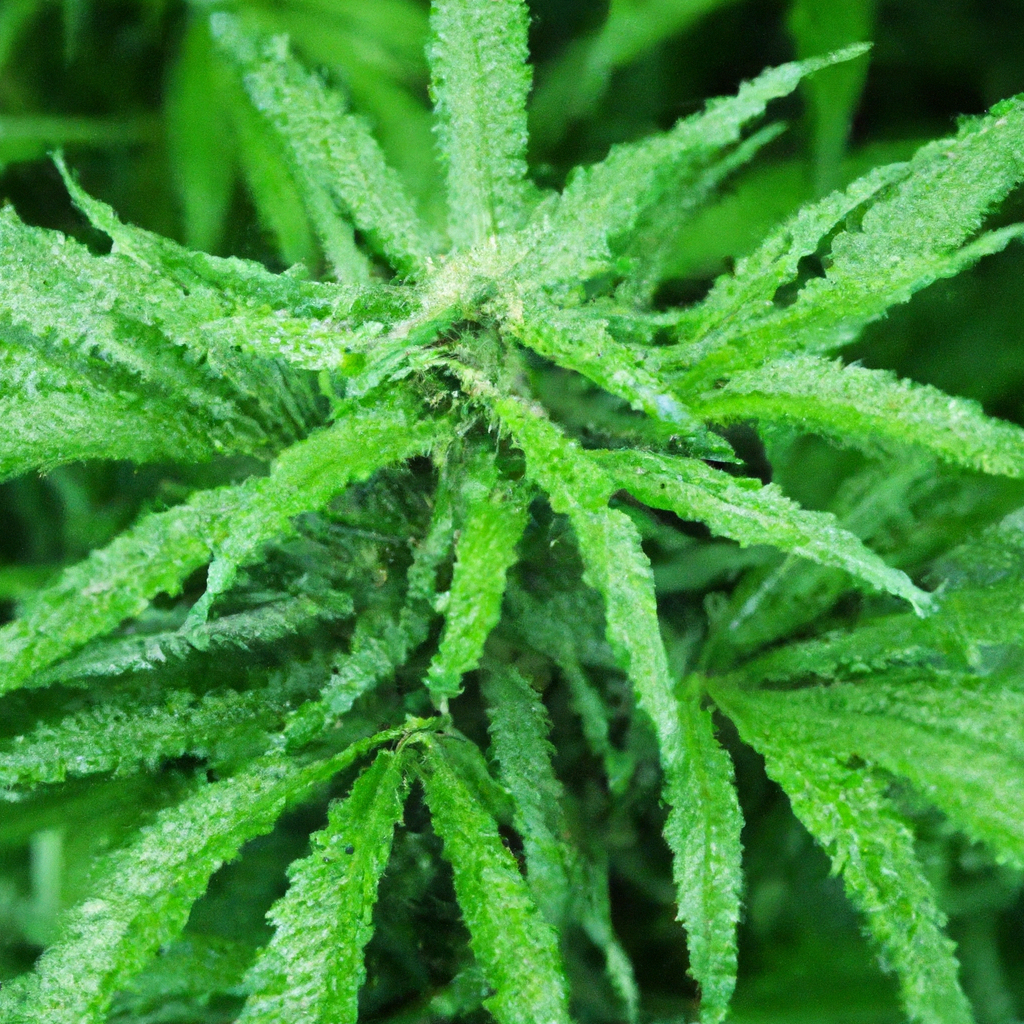
Organic cannabis cultivation is gaining traction for its cleaner and more sustainable approach to growing crops. By utilizing natural fertilizers, fostering healthy soil ecosystems, and employing organic pest control methods, growers can produce high-quality yields while benefiting the environment. This blog post explores best practices such as using compost, worm castings, and kelp extracts for…
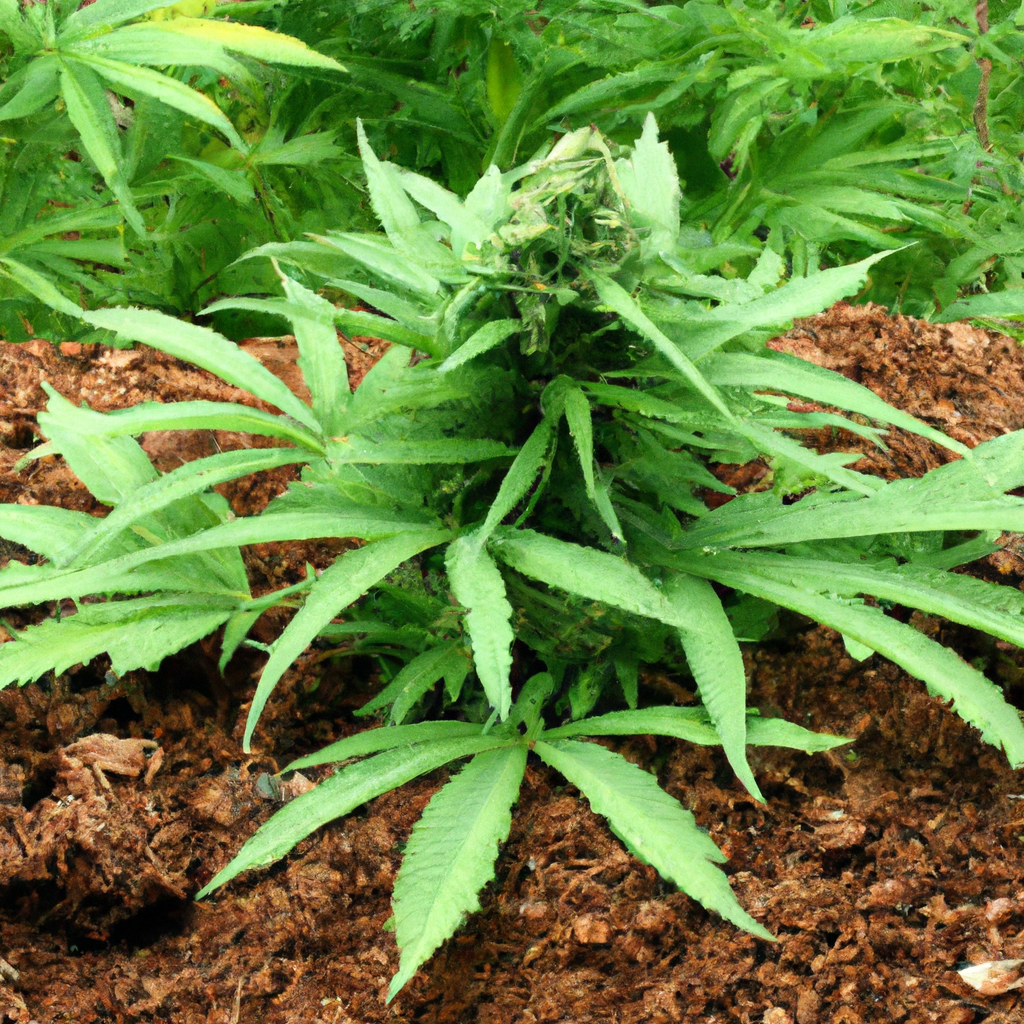
In the world of cannabis cultivation, focusing on sustainability is essential for fostering healthier plants and a balanced ecosystem. Key practices include using organic soil amendments like compost and worm castings to boost soil quality, implementing companion planting to enrich biodiversity and deter pests, and employing water conservation techniques such as drip irrigation and rainwater…
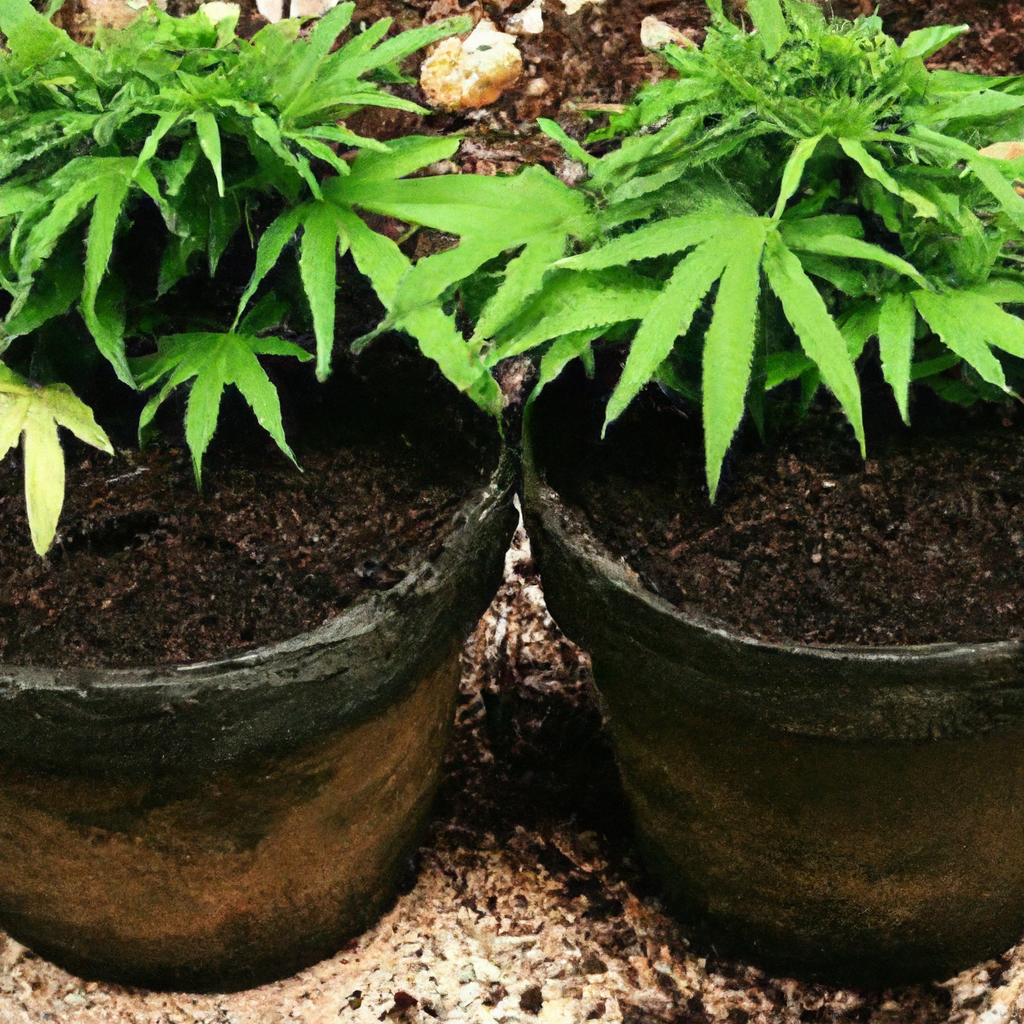
Leverage the practice of companion planting to boost your cannabis yield by pairing your plants with beneficial companions. This age-old technique can naturally control pests, enhance soil health, and optimize resources, ultimately leading to healthier plants and increased yields. Key companions like marigold, lavender, basil, and clover offer specific advantages such as pest repellence, enhanced…
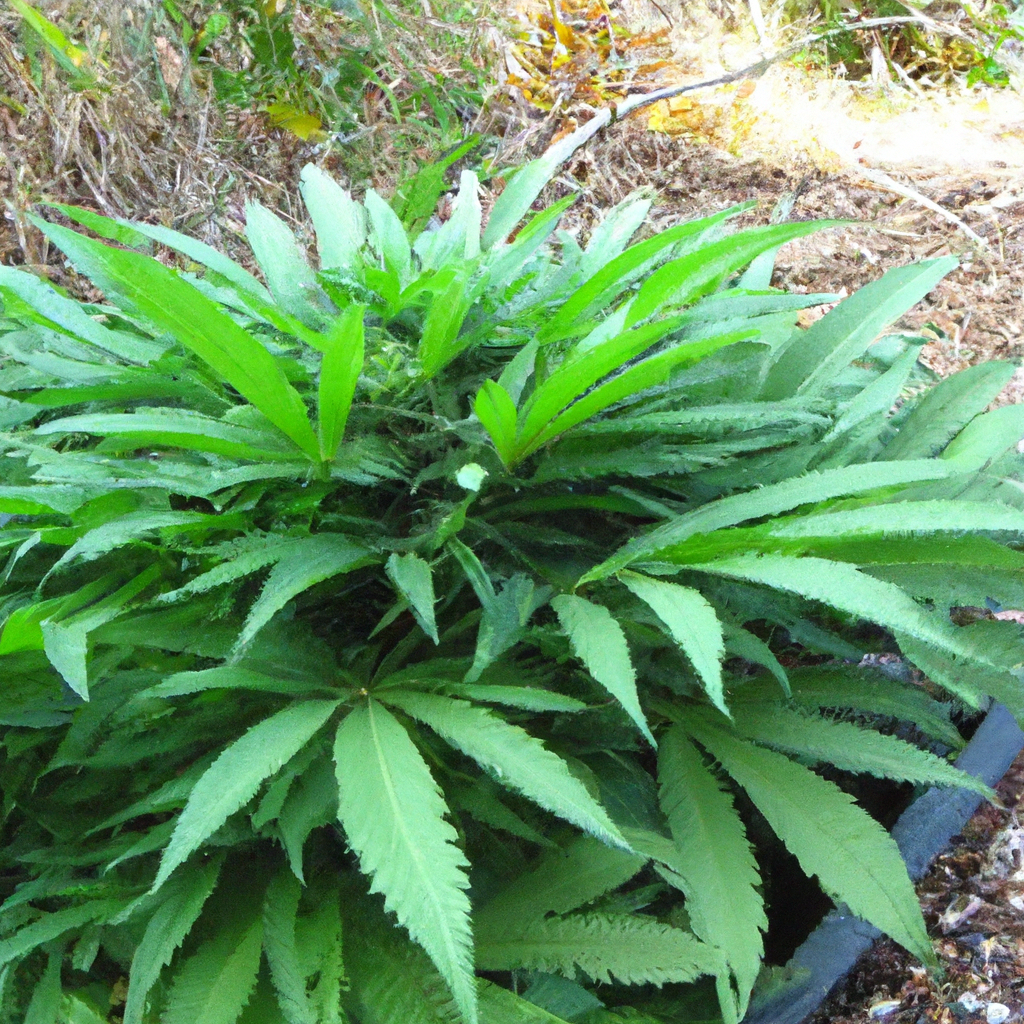
Growing cannabis organically involves creating a thriving ecosystem in your garden to enhance plant health and flavor. This approach benefits both the environment and consumer by using sustainable methods like composting, cover crops, and mulching to maintain soil health. Instead of synthetic fertilizers, organic options such as fish emulsions and compost tea provide nutrient-rich support.…
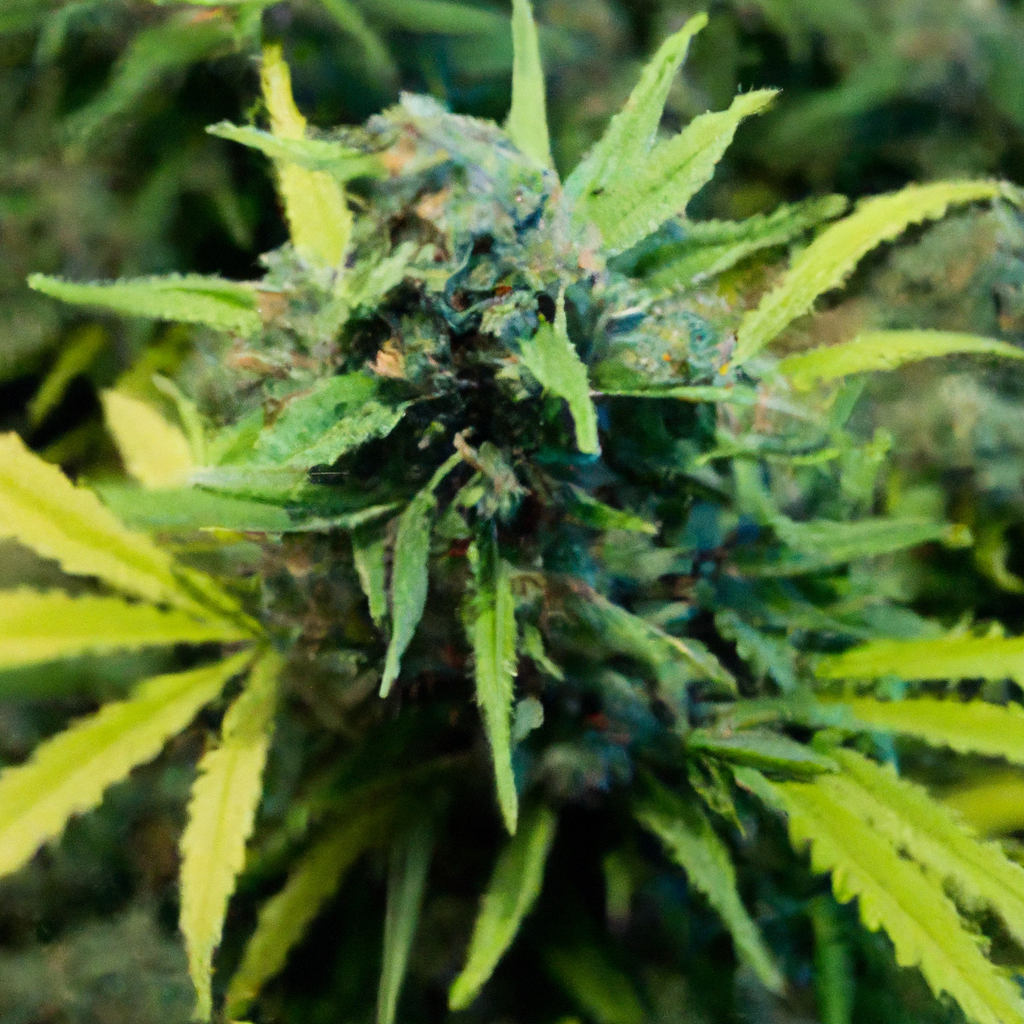
As cannabis cultivation evolves, growers are exploring innovative methods like using companion animals to boost plant health and optimize yield. This practice leverages animals such as chickens, ducks, and earthworms for benefits like pest control, soil aeration, and nutrient distribution. While integrating animals requires careful planning to avoid issues like plant damage, adhering to best…
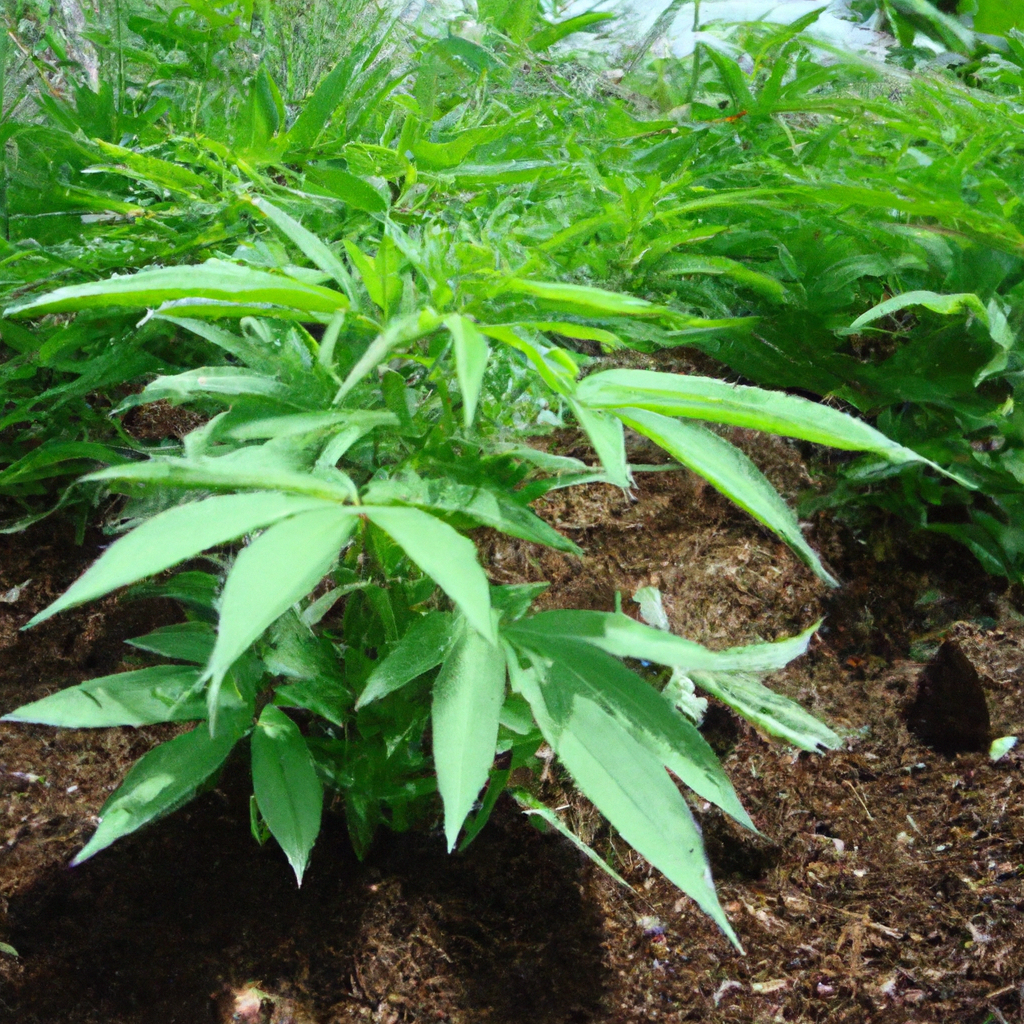
Organic cannabis cultivation promotes sustainable and eco-friendly agricultural practices, focusing on enriching the soil ecosystem and utilizing natural methods for soil health and pest control. Key practices include composting, crop rotation, mulching, companion planting, and using beneficial insects and neem oil for pest management. Sustainable techniques such as water conservation, renewable energy use, and biodegradable…
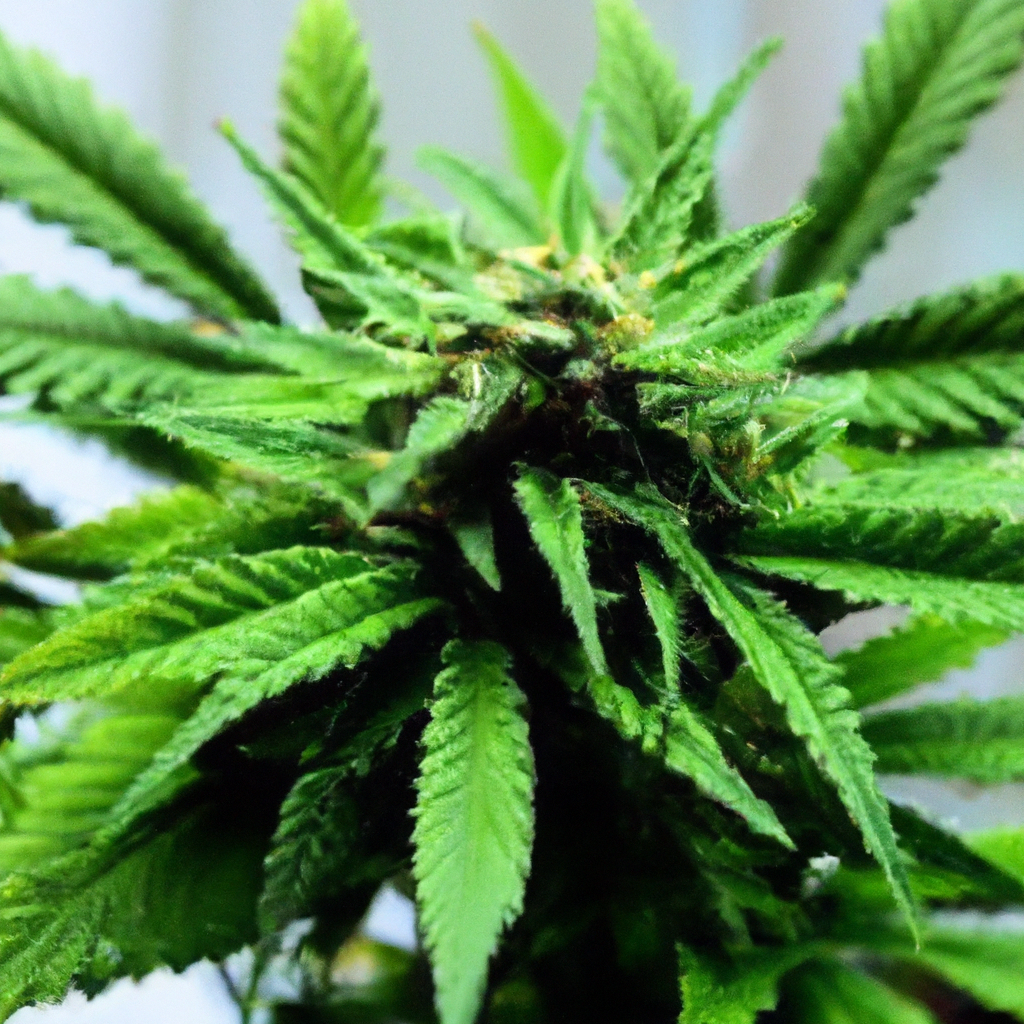
Companion planting is a valuable technique for enhancing cannabis cultivation by promoting growth, deterring pests, and improving flavor sustainably. By integrating specific plants like marigold, basil, clover, and lavender with cannabis, growers can naturally control pests, boost soil health, and enhance the aromatic profile of their harvest. This blog post offers practical guidance on selecting…
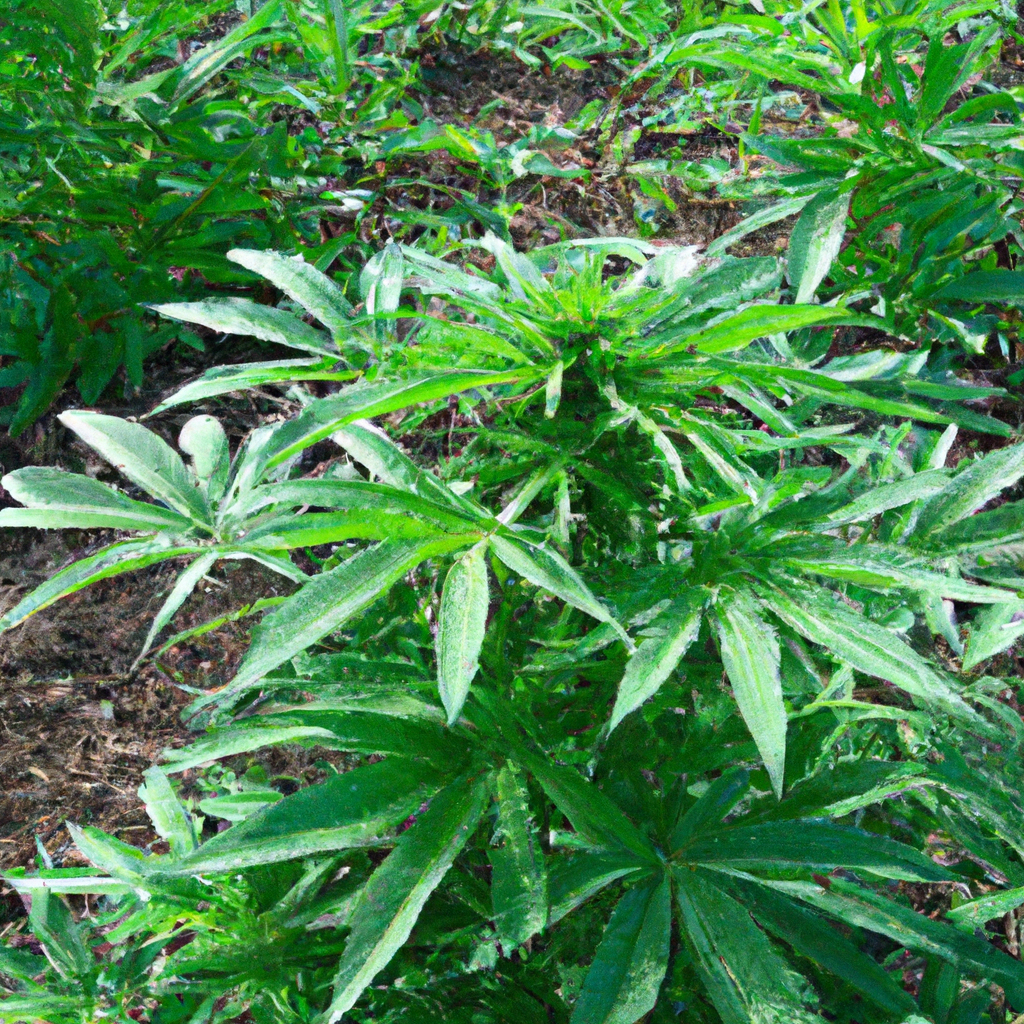
As the cannabis industry shifts towards sustainability, cover cropping emerges as a powerful technique to reduce environmental impact while enhancing plant health. This age-old practice benefits cannabis cultivation by improving soil quality, reducing erosion, and supporting biodiversity. Key cover crops like clover, buckwheat, rye grass, and alfalfa contribute to soil fertility, pest management, and water…
